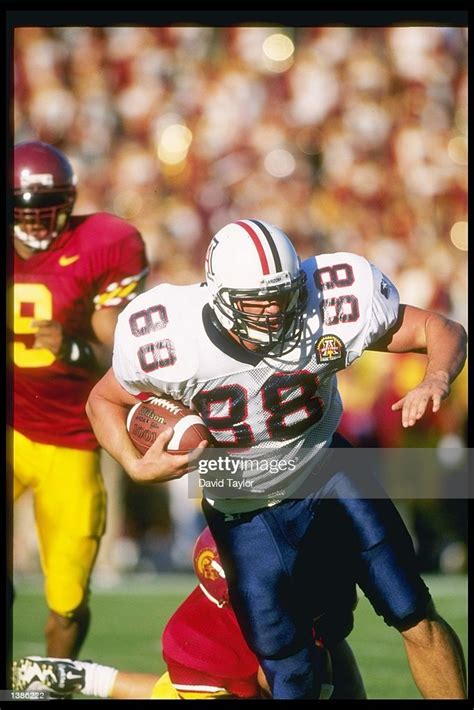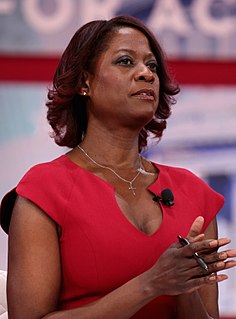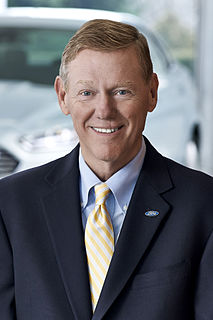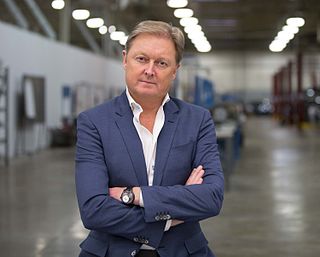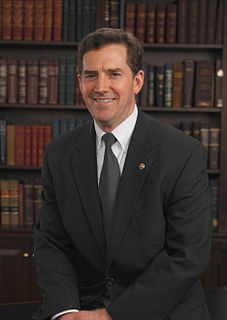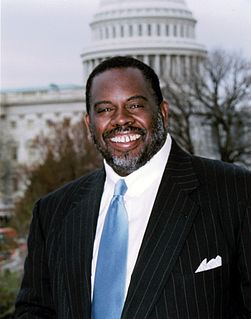A Quote by Mike Lucky
Americans are driving more in less-efficient vehicles. Sales of sports utility vehicles and pickup trucks have been amazingly strong considering the recession, and low pump prices are keeping people on the roads
Related Quotes
At the very time that Congress is considering a Bush administration request to equip our troops in Iraq with vehicles that are more resistant to roadside bombs, its leadership is fighting for a proposal that would have the opposite effect on roads here at home: a measure sought by environmentalists that would force automakers to make vehicles sold domestically much lighter and, thus, more vulnerable in collisions.
I think with more electric vehicles on the road, hopefully we'll still be able to drive some fantastic sports cars with big V8s, or V10s, or even V12s. Why not? If we can find a way to balance the automotive world, where ultimately, when we have most of the commuters drive electric cars, then we won't really have any issue with some sports cars driving around.
